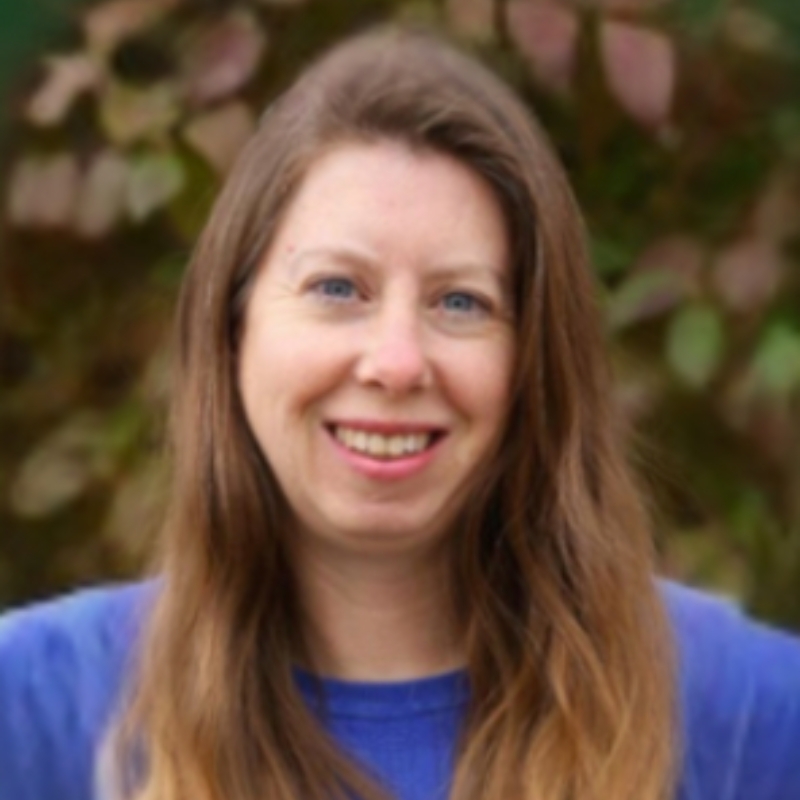Psychologists tell us that one of the greatest antidotes to loneliness and despair can be found in creating and fostering community. Yet, community is not always easy. It places high demands upon us: requiring us to communicate effectively, tolerate differences, and relinquish some of our autonomy and individual needs.
According to the New World Encyclopedia, the word “community” is derived from the Latin communitas (meaning the same), which is in turn derived from communis, which means “common, public, shared by all or many.” Communis comes from a combination of the Latin prefix con- (which means “together”) and the word munis (which has to do with performing services). In other words, community involves both being together and understanding ourselves as in service to each other — responsible for one another’s well-being.
Find more resources on Matot.
In Parshat Matot-Masei, the tribes of Reuven and Gad face a conundrum: join their fellow Israelites crossing the Jordan into the Promised Land and face economic hardship or separate from the rest of the community and settle on land better fit for their abundant livestock.
When, in chapter 32 of the book of Numbers, the tribes ask Moses, Elazar the Priest, and the chieftains of the community for permission to settle east of the Jordan, Moses becomes incensed. He cannot believe what he is hearing! He recounts how 10 of the spies sent to scout the land went against God’s will and derailed the Israelites’ entry into the land. He reminds them of how God’s anger flared at that time, suggesting that they are repeating history and potentially bringing calamity upon the people of Israel.
The tribes of Reuven and Gad then do something remarkable. They promise to send their eligible men to fight on the front lines until the rest of their fellow Israelites have prevailed in their conquest and are settled in the Promised Land. They emphatically state that they will not return to their settlements east of the Jordan until every one of their fellow Israelites have taken possession of their portion. (Numbers 32:18) Upon hearing Reuven and Gad’s promise to help — and repeating it a few times to make sure it is clearly understood by all parties — Moses agrees to their request.
Find more commentaries on community.
There’s much to unpack from this short narrative, but what stands out to me is the way in which Reuven and Gad understand their responsibility to the community’s welfare, even as they advocate for their own best interests. Moses purports to fear God’s wrath at the rejection of the great gift of the Promised Land, but Reuven and Gad see through his statements, intuiting that ultimately, Moses’ concern lies with the need for these tribes to understand themselves as one people, to stand up for each other and never abandon each other. In other words, to understand what it means to be the community of Israel. As long as they do that, as long as they show that they will show up when needed, Reuven and Gad are free to settle on the land that is best for them. Without saying it in Hillel’s now famous words, Moses is essentially saying to them: “Al tifrosh min hatzibur — do not separate yourself from the community.”
At this time of crisis for our country and our planet, I have been thinking a lot about the role of community in strengthening us as individuals and in helping us mobilize against authoritarianism. Community is a necessary ingredient for resistance movements. I am hearing that from many different corners. Our parshah makes it clear as well: when you understand yourself to be part of a community, you’ll show up, you’ll fight for your neighbor, and you won’t let concerns for your own welfare be at odds with doing so.
Now is also the time to create communities that help us thrive and to lean into the communities we have already created. When so much feels like it is crumbling around us, community just might be the only thing that saves us.
Rabbi Tamar is the senior rabbi at Beth Jacob Congregation in Mendota Heights, MN, where she has served for the past 10 years. Before landing at Beth Jacob, she was the rabbi at Congregation Beth Israel in Rock Island, IL. She received smicha/rabbinic ordination from the Rabbinical School of Hebrew College in 2010.

